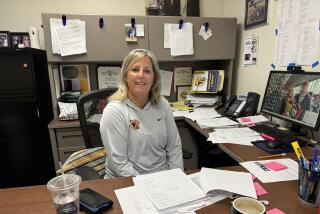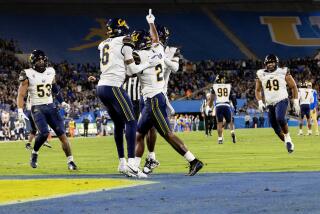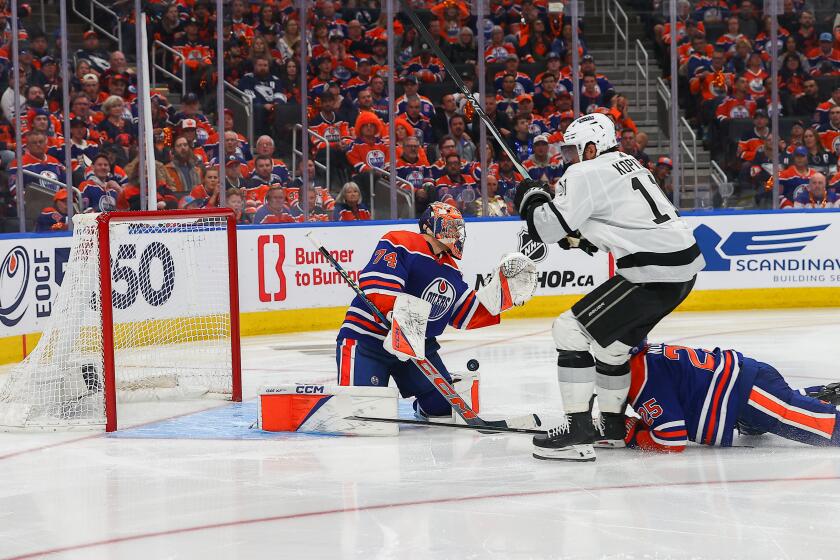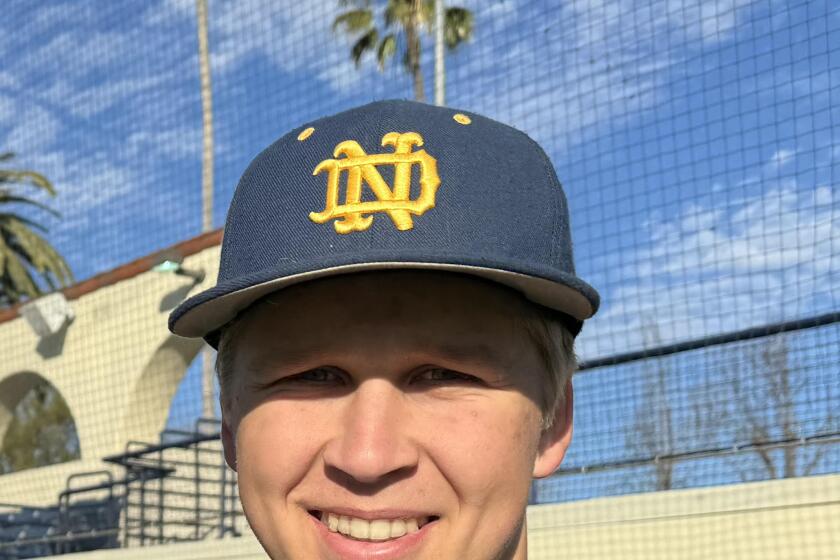Syracuse Coach Jim Boeheim: Cheating and breaking the rules aren’t the same thing
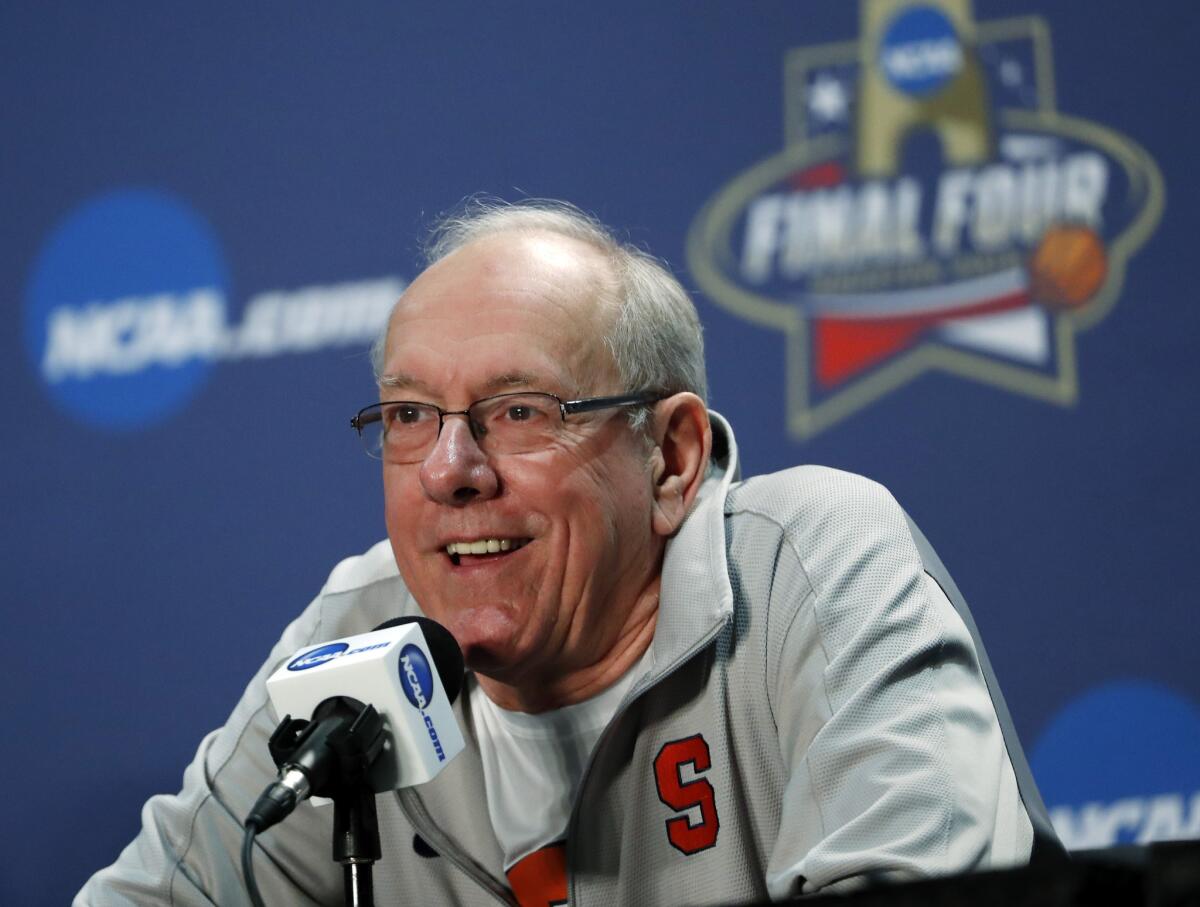
Syracuse Coach Jim Boeheim answers questions at a news conference for the NCAA Final Four college basketball tournament on Thursday, March 31, 2016, in Houston.
Jim Boeheim’s Syracuse Orange are in the Final Four of the NCAA tournament despite having dealt with numerous NCAA sanctions this season.
He readily admits his program broke the rules. “It’s something I regret,” Boeheim told reporters Thursday during a news conference in Houston ahead of Saturday’s semifinal games.
But don’t say his team cheated — because there’s a difference, the Hall of Fame coach said. “I don’t think we gained any competitive advantage at any time in this whole case that we’ve been through for 10 years,” Boeheim said.
“When they say ‘cheating,’ that’s not true. Rules being broken is a lot different. Cheating to me is intentionally doing something, like you wanted to get this recruit so you arranged a job for him, or you went to see him when you shouldn’t. You called him when you shouldn’t to gain an edge in recruiting to get a really good player. That’s cheating.”
The NCAA concluded an eight-year investigation of Syracuse last March, determining that Boeheim demonstrated a lack of control over a program that committed such violations as improper financial benefits for players, a coach helping a player stay academically eligible by completing his coursework for him and not adhering to its own drug-testing program.
In addition to the numerous sanctions imposed on the school, including the loss of several scholarships, Boeheim was forced to vacate 108 wins and had to serve a nine-game suspension earlier this season.
While he doesn’t agree with the severity of the punishments, Boeheim says he has accepted them.
“Things can happen in your program,” Boeheim said. “You have to take responsibility for them. You have to go on.”
He added: “It’s a violation. I think when rules are violated, there should be a punishment. You can always disagree with how an interpretation is made by a committee in this case that’s different from that case that’s different from this case over here. It’s an imperfect system.”
More to Read
Get our high school sports newsletter
Prep Rally is devoted to the SoCal high school sports experience, bringing you scores, stories and a behind-the-scenes look at what makes prep sports so popular.
You may occasionally receive promotional content from the Los Angeles Times.
